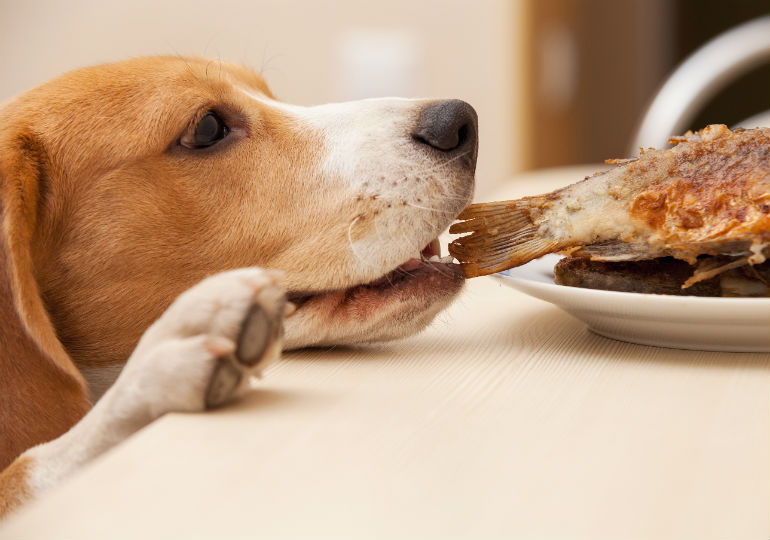Can cats eat olive oil: Cats, like people, can sometimes have problems with constipation or stomach upset due, many times, to hairballs. For cases like these cases, there has been much talk about “giving them a teaspoon of olive oil” as a definitive remedy, since the oil, due to its slippery texture, could help the animal’s feces to lower more easily, or that even help him expel large hairballs.
But is that true? That is, can cats eat olive oil? If you have doubts about this and you are worried about the health of your pet, in this article of a COMO we take you out of doubts.
Index
- Properties and benefits of olive oil in cats
- Olive oil for hairballs
- Natural treatment for constipation in cats
- So can you give olive oil to a cat?
- Other oils for cats
Properties and benefits of olive oil in cats
Olive oil, especially if it is extra virgin olive oil, can bring great benefits to the health of our felines due to its multiple properties and benefits, such as:
- Antioxidant properties: This helps improve the cat’s immune system thanks, in large part, to the polyphenols, vitamin E and chlorophyll that high-quality olives contain.
- Prevents cardiovascular diseases: and also diabetes. This is due to the monounsaturated fats that it has, which burn and metabolize the harmful fats of the animal.
- It helps to lose weight: thanks also to monounsaturated fats, if your cat is overweight, olive oil will help you lose weight. This is of great importance since many cats die early due to the problems caused by obesity.
- Help your cat eat: if your cat has trouble eating the feed, you can squirt it with olive oil since it has a taste and smell that cats usually like a lot.
- Moisturizing properties: in addition, olive oil will improve the brightness and softness of the animal’s fur, as well as improve the condition of its skin since olive oil moisturizes and nourishes in depth. On the other hand, it will also delay the aging of your cat.
However, as we will see below, olive oil can also be a great ally against constipation in cats and to help eliminate hairballs.

Olive oil for hairballs
If our cat eats less lately or we see that it behaves in a strange way, the problem may be the hairballs. Cats tend to wash by licking frequently,
often swallowing their own hair. Usually, they usually expel it naturally, but there may also be a case of stomach or intestinal obstruction of hair.
In these cases, as a home remedy, we can give you a teaspoon of olive oil to help you expel it properly from your body.
We can also give it to him if we see that he throws up a lot of hairballs, or we can even incorporate olive oil into his diet to improve his digestion and avoid this kind of problem.
This other article from a COMO on How to know if my cat has a bowel obstruction may also help you.
Natural treatment for constipation in cats
The digestive system of cats is very sensitive, so if their diet is poor in fiber they can easily suffer from constipation, both temporary and chronic.
In these cases, one of the most effective and used natural remedies is the use of olive oil as a natural laxative for cats.
Olive oil will not only stimulate the intestines of the animal but will make the stools more liquid, making them easier to expel.
If you are not sure if your cat has problems with constipation, observe its behavior: it may take many turns around the litter box without doing anything, that it meats in a painful way, or that it even eats less or is quieter than normal.
So can you give olive oil to a cat?
The answer is yes, cats can eat olive oil,
as long as it is in the right and indicated amounts indicated, if possible, by the veterinarian.
However, in general, we can tell you that adding a tablespoon of oil in the cat’s feed three times a week will be more than enough to keep your cat healthy, as well as help him in his problems of constipation and obstruction of hairballs. Of course, a tip: mix the feed well with the oil, since otherwise it can drain, stay at the bottom of the bowl and probably dry.

Other oils for cats
However, many owners simply wonder if cats can eat oil. And, as we know, there are many types of oils, in addition to olive oil. Next, we will talk briefly about other cat oils:
- Sunflower oil for cats: sunflower oil is not harmful in cats, so it can be a good alternative for hairballs and constipation. However, it has fewer nutrients than olive oil, so if your intention is to ensure the health and welfare of your pet, olive oil will always be the best.
- Castor oil for cats: this oil was often used as a home remedy for cat problems. However, the American Society for the Prevention of Cruelty to Animals and other associations found that castor oil was not good for the health of cats, so its use is not recommended.
- Paraffin oil for cats: never give your cat this type of oil, since it is composed of petroleum. In case of applying it externally, it can be extremely toxic for your pet, and if ingested it can end up dehydrating it and even creating ulcers or other internal problems.








